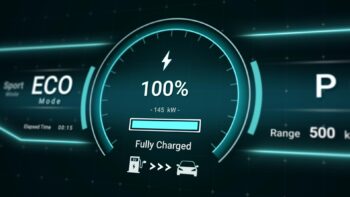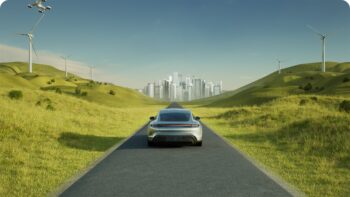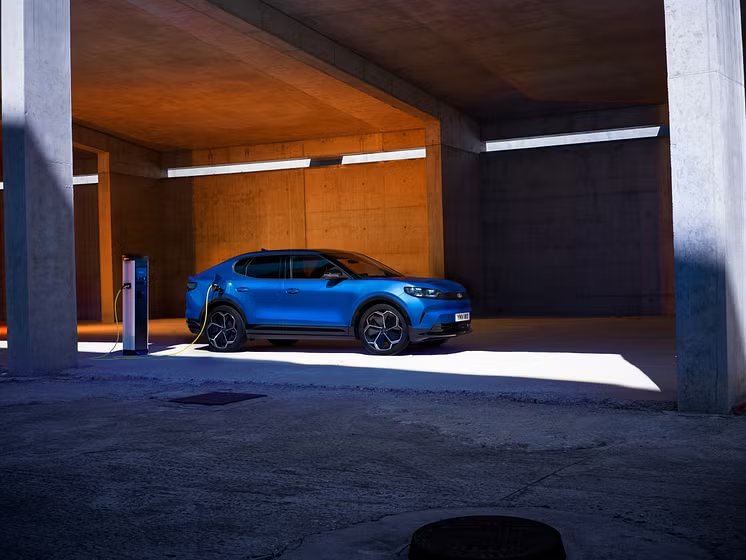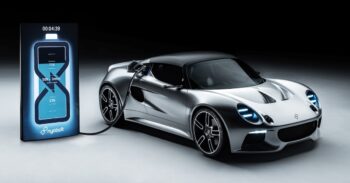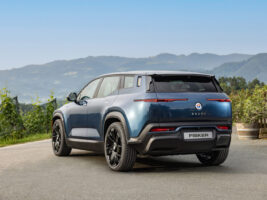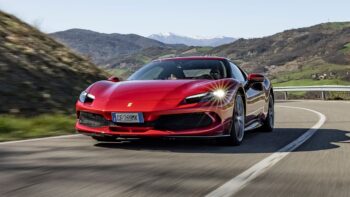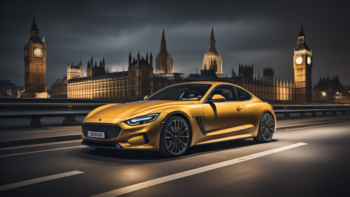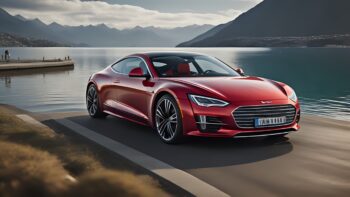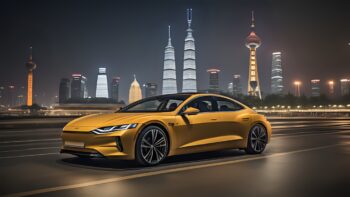Converting ICE tuk tuks to EVs in the Far East
The Thai government has begun a pilot to convert 100 internal combustion engine (ICE) rickshaws (tuk tuks) to electric in an attempt to combat the fumes emitted by them in the country’s cities. Could this be a way to combat urban pollution in the Far East?
The problem with tuk tuks
Hundreds of thousands of tuk tuks are on the streets of urban centres of the Far East. Using inefficient and dirty two-stroke engines they are largely unregulated, yet able to thread the chaotic congestion of those urban centres for for a low cost to those taking a ride. The large numbers of them mean a significant contribution to many cities’ pollution problems and the public health issue this brings about.
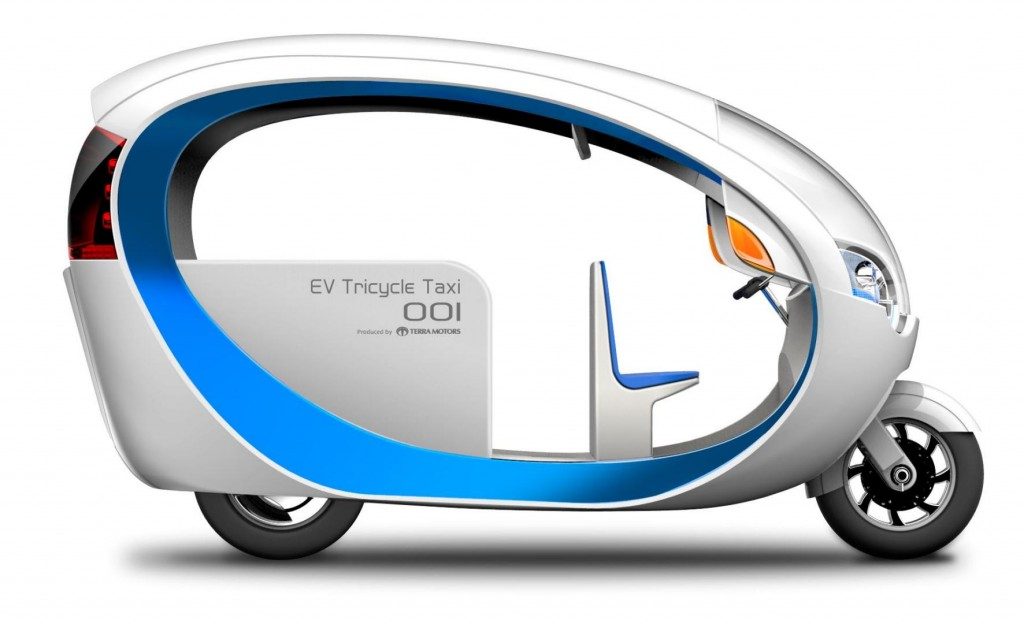
Electric “Tuk-Tuk”
Why not go electric?
Ideally the world would see massive conversion programmes to get rid of the ICE engines on these machines but there are some issues. The Thai company eTuk sells their electric powered rickshaws for somewhere around €20,000 in Europe while in Thailand a new ICE powered one costs just €5000 or so.
Total cost of ownership on an ’e-tuk’ however plummets – in October this year the Thai PBS broadcast news station reported, “fuel consumption of LPG-powered Tuk-Tuk is 1.50 baht [€0.04] per kilometre while e-Tuk-Tuk is just 40 satang” (€0.011). At a quarter of the cost per km the maths soon add up – at a 1.10 baht saving per km, over 100km of driving a day this amounts to some €720 a year.
The problem in Thailand is that they must import the lithium-ion battery packs to do the conversion. A new battery pack will cost some €2600 per e-tuk as well as the controller system and motor, meaning that the owner will be paying almost the same as a new ICE vehicle just for the conversion.
Another issue is that local media reports suggest that a new battery pack would be needed every five years. That would mean that the e-tuk would become profitable after some nine years after it is converted. Why? Assuming the cost for conversion is €4000 the €720 savings would pay off the initial cost in 5.5 years and then assuming a new battery pack is required at the end of that term, at €2600 it would need a further 3.5 years to pay for itself. Government intervention is absolutely necessary to make a conversion attractive economically.
Government intervention
Governments around the world when confronted with a public health issue have the carrot or stick option. Germany has seen outright bans of diesel vehicles in certain city streets. Moving away from ICE to EVs has largely been done through the carrot approach of subsidies.
The Thai government sees the pollution caused by tuk tuks as a very real public health issue so has set aside nearly €2.1 million for a subsidy programme to help the rickshaw business owners to take the leap into conversion. The pilot taking place will involve a 100% subsidy – the owner pays nothing – but to have a maximum reach this may well fall a certain amount.
Necessity is the mother of invention
No one really knows how long these batteries will last in the real world. Five years is increasingly being shown to be very conservative as batteries if treated well won’t degrade anywhere near so quickly.
The five year replacement claim also forgets something among less developed countries – people become expert in recycling and making things last far beyond the lifespan commonly expected in the West. Look at those beautiful 50’s era American cars in Cuba – this is from locals learning how to make new parts and repair those vehicle long after the US embargo dried up supplies of OEM parts.
Just because someone is born in poverty is not to say they are intellectually limited. There is no doubt that an industry in lithium-ion battery pack recycling will spring up and that those eTuks will be on the roads for a lot longer than the naysayers of today claim. The other parts of the BEV powertrain require far less maintenance than their ICE cousins too. The reality of necessity suggests that eTuks will last for a lot longer than claimed today – if governments prime the pump with very good subsidy programmes to get tuk tuk owners to take the leap then there is every chance that ICE rickshaws could disappear for good.
 Richard Shrubb is an electric and autonomous vehicles writer based in Dorset, UK. Writing about everything EV he drives a hybrid Toyota Auris and rides a Haibike eMTB for fun and getting the family about. Visit www.richardshrubb.com to learn more about him and what he does.
Richard Shrubb is an electric and autonomous vehicles writer based in Dorset, UK. Writing about everything EV he drives a hybrid Toyota Auris and rides a Haibike eMTB for fun and getting the family about. Visit www.richardshrubb.com to learn more about him and what he does.
